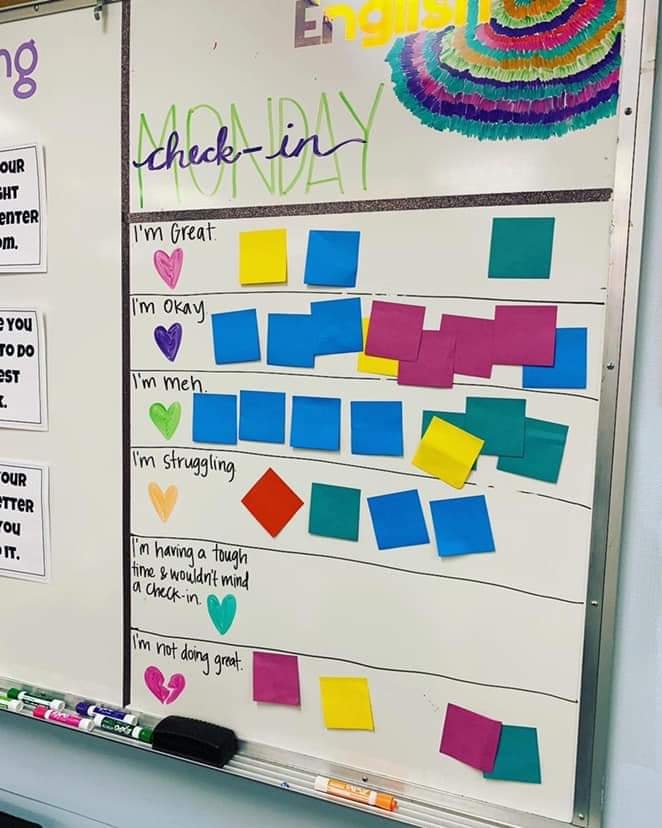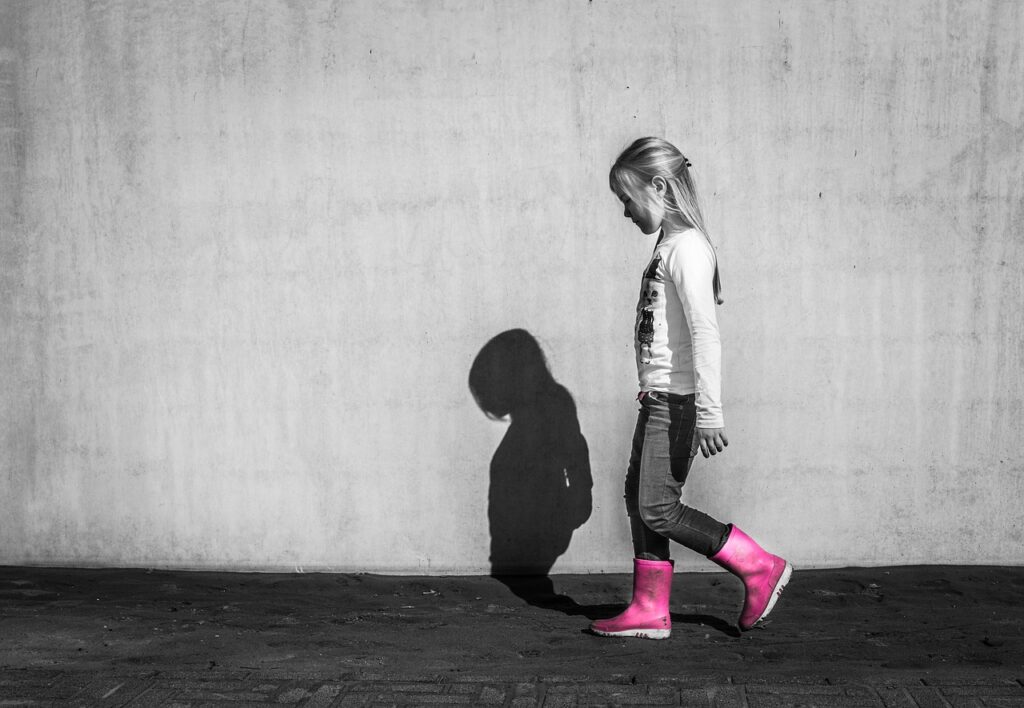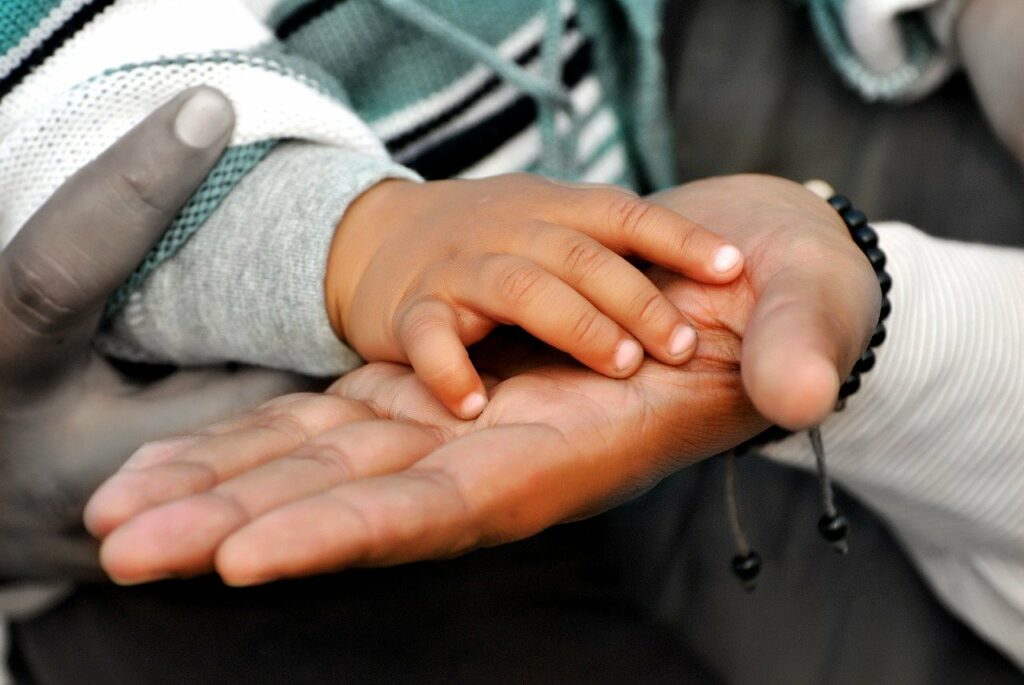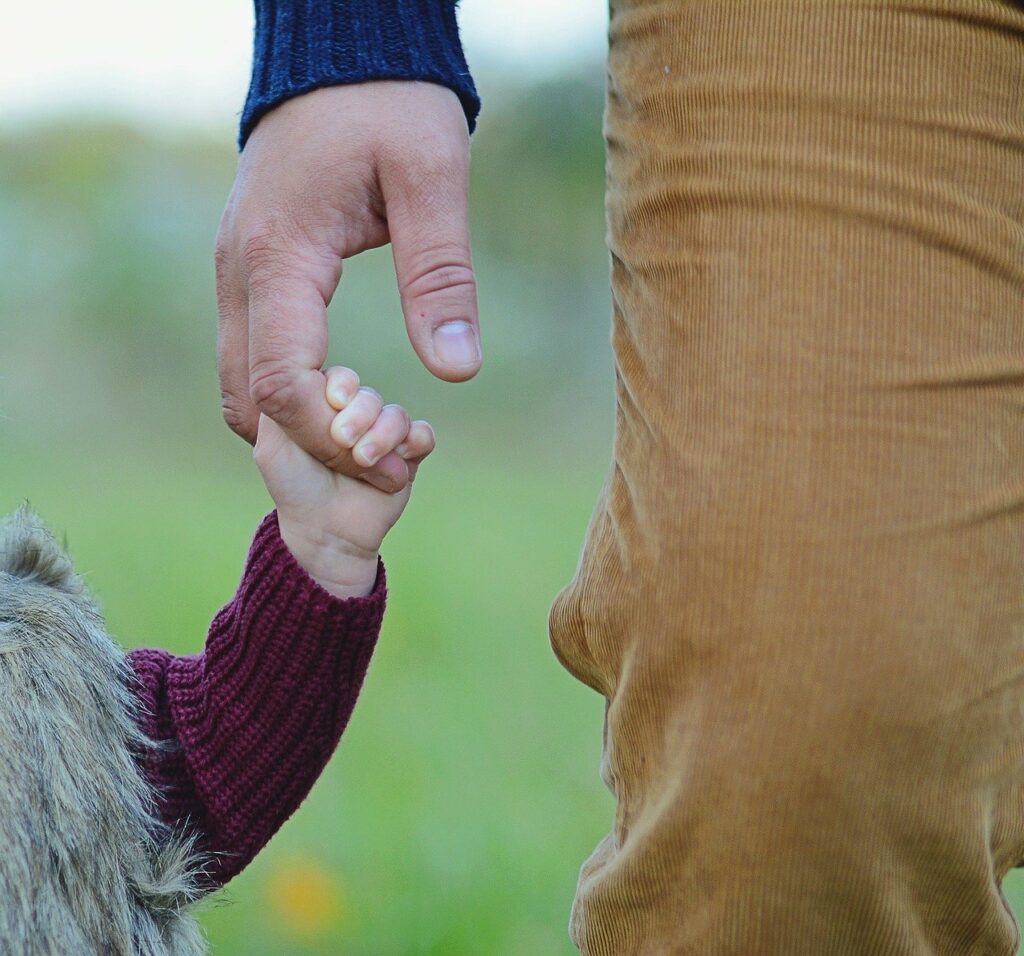You’re six years old. School started two months ago but you still can’t remember how to hold your pencil correctly. Sometimes you’re lost in your own world, staring out the window while classmates are waiting in a straight line, ready to go to lunch. Other times you’re startled by sudden noises like someone dropping their lunchbox or the teacher clapping to get the classroom’s attention. Your clothes are usually dirty and this has resulted in too many fights on the playground.
School is hard but it’s better than life outside of school. Home is a place where the adults yell and the kids fix their own dinner. You have seen and experienced far too much in your short six years.
We imagine childhood as a carefree time of innocence, play, and curiosity. And it should be. But for too many children, their lives bear witness to toxic stress and trauma. They are accumulating one negative experience after another and the effects show up in their brains, their bodies, and their behavior.
Thankfully, there’s hope.
We recently came across this photo on Facebook.

A teacher asks her students to write their name on the back of a sticky note and place it on the chart each Monday. She then talks privately throughout the week with each child regarding their sticky note placement and if they need to talk.
This got us thinking.
How might our homes, classrooms, childcare centers, and faith communities look differently if caregivers provided a simple, weekly check-in?
Professionals in mental health, education, and healthcare have all begun to recognize the affect of Adverse Childhood Experiences (ACEs) on brain function, mental health, physical health, and behavior. The more ACEs a child has, the more at risk they are for developmental disorders, adult diseases, and crippling socio-economic realities.
Many leading professionals believe that the untreated affects of ACEs are the greatest unrecognized public health concern in the United States. If that sounds extreme, consider the fact that “ACEs affect 34.8 million children across socio-economic lines, putting them at higher risk for health, behavioral and learning problems.” (https://centerforyouthwellness.org)

As we better serve children and families in our community, it’s important to understand the challenges that many parents, caregivers, and young children face. While the reality of ACEs is deeply discouraging and overwhelming, there are hopeful solutions within our reach! Both science and personal stories testify to the power of resilience in overcoming many of the effects of ACEs.
In a 2018 interview, Oprah Winfrey asked Dr. Bruce Harry, a leading researcher on ACEs: “What’s the difference between a really bad childhood and being able to overcome that, and a traumatic childhood and someone not being able to overcome that?”
The answer may surprise you: relationships.
“If you have the opportunity to be connected to people in positive ways,” says Dr. Henry, “that can buffer some of those affects.”
For Oprah, the person who began to change the trajectory of her life was her fourth grade teacher. “Mrs. Duncan instilled in me a sense of believing that I mattered. And that’s what every human being is looking for.”
While treating the adverse affect of ACEs is layered, the number one thing you need to know is that relationships matter immensely. Relationships don’t reverse chronic disease or erase trauma, but responsive relationships can provide the necessary support, love, and encouragement a child needs to overcome their own adverse experiences.

Here are 5 simple ways you can begin to offer “trauma-informed” care or responsiveness for the children and families you know and serve:
1. Don’t minimize or dismiss a child’s stress. Adults have a tendency not to recognize kids’ stress because adult stress seems “bigger” and more important. Children have big stress too and we have a responsibility to help them.
2. Check in with children regularly. Like the classroom picture, ask them where they are on the chart and why.
3. Let children name the scary thing. This actually will help them feel safer.

4. Ask “What happened to you?” instead of “What’s wrong with you?” We have to change our language and attitudes around behavior. Contrary to assumptions, this does not promote a victim mentality. Rather, it can break down the walls of defensiveness and aggression, getting to the heart of the matter and opening the door to healing and change.
5. Recognize that this is not just a problem for children with disadvantaged backgrounds. Science does not support this, nor does it support the assumption that especially vulnerable children are “doomed.” While the impacts of poverty worsen the risk, no segment of our society is immune to the effects of toxic stress.
You can be someone who helps buffer the effects of ACEs for a child in your circle of influence. Teachers, grandparents, aunts, uncles, coaches, mentors, health care providers, neighbors, those in faith communities—we all have a part to play. Consider Oprah’s story, and how it only took one teacher to change the trajectory of her life.
Consider the six-year-old who already has too many ACEs too count and is struggling to survive the school day, much less learn. Weekly check-ins from a caring teacher give him a chance to name the hard things in his life. He knows he’s not alone. There’s someone in his life who cares him and can help provide the support he needs.
Be part of the movement to support resilience in our children. You don’t have to march, give a speech, or sign a petition. You simply need to provide safe and informed responsiveness to the children in your circle of influence.
If you are interested in learning more, the following resources are a good place to start:
Data on ACEs in South Carolina from Children’s Trust of South Carolina
How childhood trauma affects health across a lifetime Ted Talk with Dr. Nadine Burke Harris
Resilience: The Biology of Stress and the Science of Hope. We offer a free screenings of the film, Resilience: The Biology of Stress and the Science of Hope, to organizations within Pickens County or that serve Pickens County. We are grateful for the agencies, organizations, and churches that have already viewed or hosted this film.
Treating Childhood Trauma (Portion of an interview with Oprah Winfrey on 60 Minutes)

